Weighing the good and bad of customer service automated responses
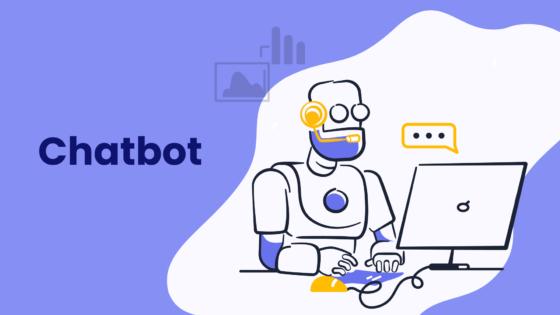
Customer service automated responses prove more helpful than harmful in 2025. Most consumers approve of these tools, with 75% saying chatbots give the right answers, and 80% finding AI bots helpful for simple issues.
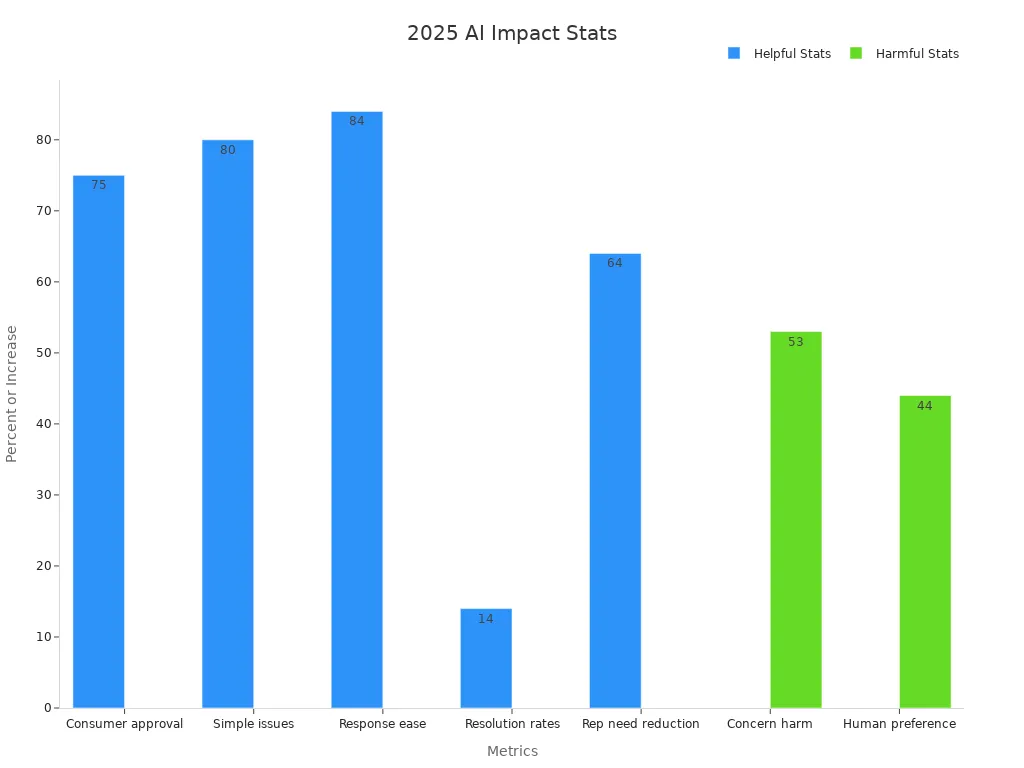
Recent trends show customer service automation shapes the industry, as AI now handles up to 95% of interactions and boosts resolution rates by 14%. The pros and cons remain clear: automation brings speed and efficiency, but some customers still prefer human support. Balancing automation with human touch improves customer experience and ensures reliable customer support. Sobot and Sobot AI lead this change, offering advanced solutions that help businesses meet rising expectations.
Customer Service Automation Overview
What Is Customer Service Automation
Customer service automation uses technology to handle routine customer support tasks. Companies use tools like chatbots, help desk software, and automated email replies to answer questions quickly. This approach helps businesses respond to customers on many channels, such as social media, websites, and messaging apps.
Customer service automation lets human agents focus on complex problems while technology manages simple requests.
Some key features of customer service automation include:
- Centralizing customer queries from different channels into one dashboard.
- Using auto-responders to give instant replies.
- Applying scripts and templates to answer common questions.
- Prioritizing and categorizing tickets for faster help.
- Offering multichannel support, so customers can reach out by phone, chat, or social media.
| Aspect | Key Statistic / Definition |
|---|---|
| Productivity Increase | AI integration leads to a 94% increase in productivity by automating repetitive tasks and streamlining workflows. |
| Customer Response Time | 72% of customers expect a response within 30 minutes. |
| Cost Reduction | Automation can reduce customer service costs by up to 40%. |
| Definition of Automation | Use of technology to handle repetitive, routine tasks, freeing human agents to focus on complex, empathetic interactions. |
| 24/7 Support | AI-powered chatbots provide continuous support. |
| Analytics Enhancement | AI tools improve data capture and analysis. |
| Personalization | Automation enables personalized customer outreach by leveraging data across multiple channels. |
Sobot offers advanced customer service automation solutions, including AI-powered chatbots and self-service help centers. These tools help businesses improve efficiency and customer satisfaction by providing instant, accurate answers around the clock.
Trends in 2025
Customer service automation continues to grow rapidly in 2025. More companies invest in ai in customer service to meet rising customer expectations. Nearly 50% of client support units have implemented AI, and 52% of contact centers have invested in conversational AI. Businesses use AI for routing requests, analyzing feedback, and providing chatbots or self-service tools.
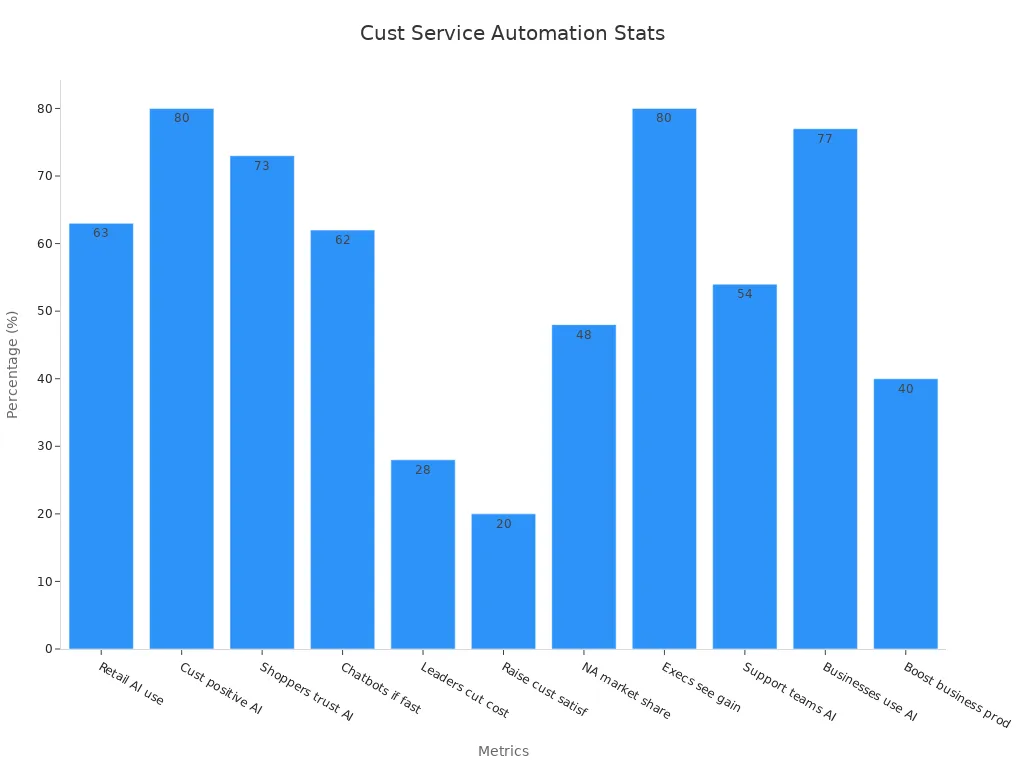
The market for ai in customer service is expected to reach almost $3 billion by 2032. Over 63% of retail companies already use AI, and 80% of executives report better customer satisfaction after adopting these tools. By 2025, AI will handle up to 95% of customer interactions, and 75% of inquiries will be resolved without human help.
| Trend/Metric | Statistic/Insight |
|---|---|
| AI implementation in client support units | Nearly 50% have implemented AI |
| Contact centers investing in Conversational AI | 52% invested, 44% plan to adopt |
| Companies aiming to enhance customer service with AI | 62% aim to enhance CS, 42% streamline workflows, 36% boost satisfaction, 33% reduce wait times |
| Predicted AI handling of customer interactions by 2025 | 95% of interactions handled by AI |
| Consumer preference for AI self-service tools | 69% prefer AI-powered self-service for quick resolution |
Sobot’s automated customer service technology helps companies keep up with these trends. Its AI chatbots and omnichannel support allow businesses to provide fast, reliable service. As more customers expect immediate answers, companies rely on customer service automation to stay competitive and deliver better experiences.
Pros and Cons of Customer Service Automated Responses
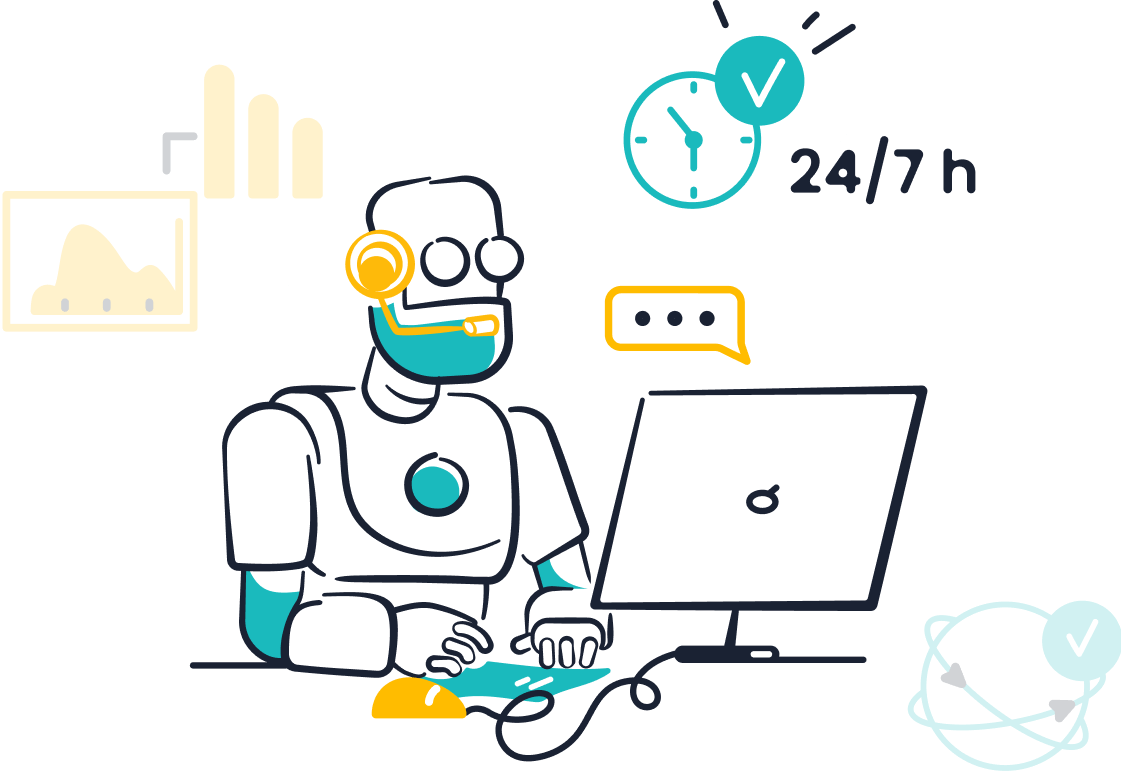
Efficiency and Cost Savings
Customer service automation brings major efficiency gains and cost savings for businesses. Automated chatbots, like those from Sobot, handle routine questions instantly, letting human agents focus on complex issues. This shift boosts productivity and reduces labor costs. For example, Deloitte found that organizations using intelligent automation save an average of 32% on costs. Financial institutions report up to 70% lower processing costs after adopting automation. Sobot’s AI chatbot helps companies cut expenses by up to 50% and improve productivity by 70%.
Sobot’s partnership with OPPO shows these benefits in action. OPPO used Sobot’s chatbot to resolve 83% of inquiries automatically, leading to a 94% positive feedback rate and a 57% increase in repurchase rates.
Automation also reduces errors and speeds up workflows. Companies in retail, IT, and finance see faster response times and fewer mistakes. However, the disadvantages of ai include possible data privacy concerns and the risk of missing human insight in some cases.
24/7 Support and Scalability
One of the biggest advantages of ai in customer service is 24/7 availability. Automated responses ensure customers get help any time, day or night. Sobot’s chatbot provides round-the-clock support across multiple channels, including WhatsApp, SMS, and web chat. This always-on approach means businesses never miss a customer inquiry, even during holidays or peak times.
| Customer Service Metric | How 24/7 Automated Support Helps | Example Target Goal |
|---|---|---|
| First Response Time | Instant replies, no waiting | Under 1 minute |
| Customer Satisfaction | Fast, consistent answers | Over 90% |
| First Contact Resolution | Resolves FAQs automatically | Over 75% |
| Cost Per Resolution | Handles high volumes efficiently | 20% decrease |
Klarna’s AI, for example, manages the workload of 700 agents and saves over $40 million each year. Sobot’s chatbot enables businesses to scale support without hiring more staff. Still, customer frustration with automation can rise if users cannot reach a human when needed, showing the disadvantages of ai when escalation paths are unclear.
Consistency and Data Insights
Customer service automated responses deliver consistent answers every time. Automation enforces standard replies, reducing errors and ensuring a unified brand voice. Sobot’s chatbot uses a knowledge base to provide accurate, multilingual responses 24/7. This consistency improves customer trust and satisfaction.
Automation also excels at data collection and insights. Every interaction generates valuable data, revealing trends and customer needs. Sobot’s platform analyzes these interactions, helping businesses spot gaps in their FAQ content and improve service. Personalization through data analysis becomes possible, as companies can tailor support based on real-time insights.
82% of consumers prefer chatbots for quick, consistent answers. Automated systems also help teams adapt strategies quickly by providing centralized data and performance reports.
However, data privacy concerns remain a key disadvantage of ai. Businesses must protect customer information and comply with regulations.
Limitations and Customer Frustration
Despite many benefits, customer service automation has clear limitations. Customers often feel frustrated when automated menus are too complex or when they cannot reach a human agent. Studies show that repeated errors in automated systems increase customer frustration with automation, leading to negative experiences and even reckless behavior.
The lack of human empathy is another disadvantage of ai. Automated responses may sound robotic or fail to understand emotions, which can harm the customer experience. Some customers miss upsell opportunities or feel their unique needs are not met. Data privacy concerns also arise if automation handles sensitive information without proper safeguards.
Best practice: Always offer a clear path to human support to reduce customer frustration with automation and address the lack of human empathy.
AI in Customer Service Solutions
Sobot Chatbot Capabilities
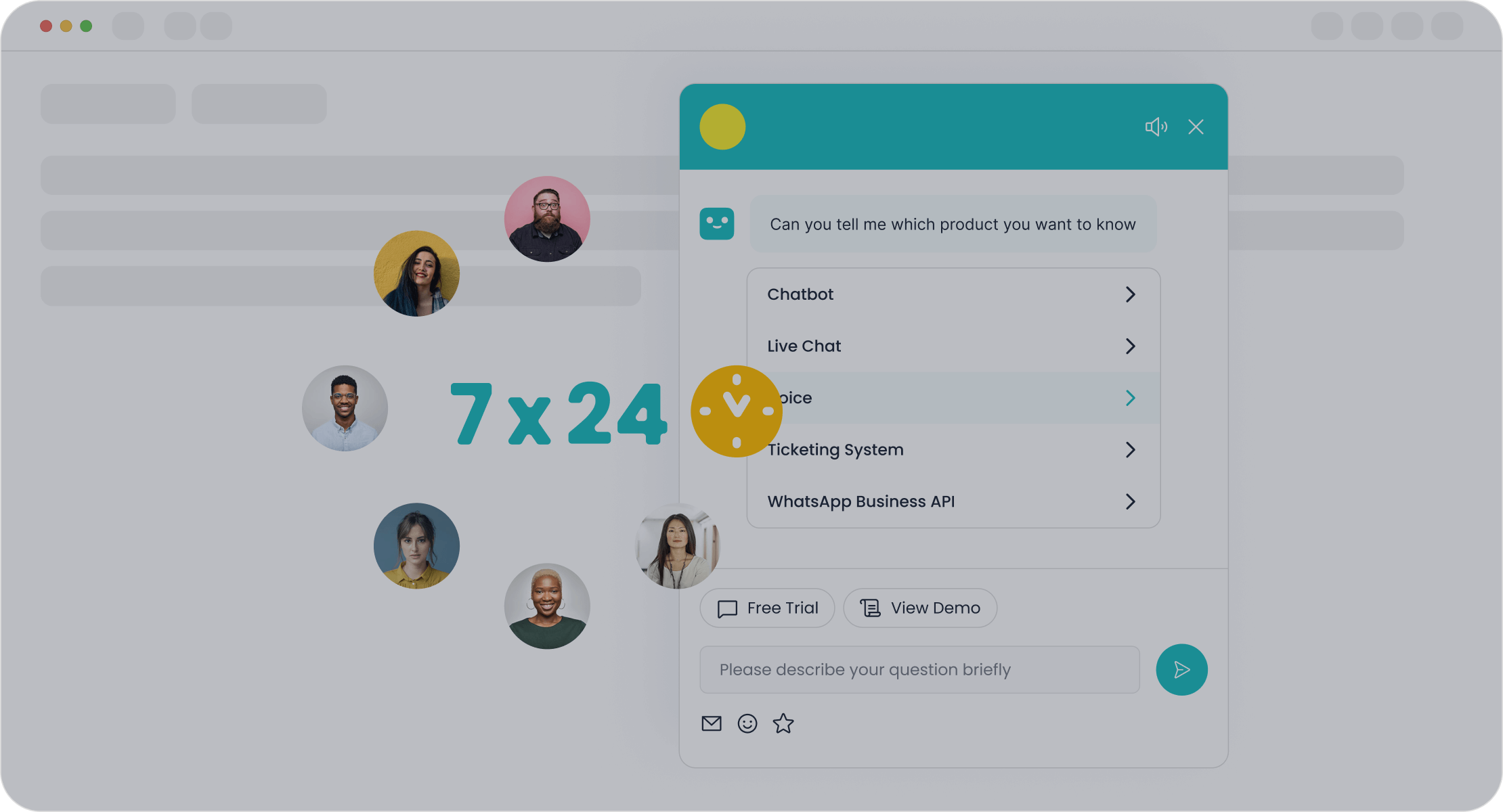
Sobot’s AI-powered chatbot stands out in the field of ai in customer service. It uses advanced natural language processing and machine learning to understand customer questions and provide accurate answers. The chatbot learns from every interaction, which leads to better performance over time. Sobot’s system can predict customer needs and offer proactive solutions. It connects with CRM systems, so agents have all the information they need. The chatbot also supports automated customer journeys, guiding users step by step. Sobot’s analytics dashboard gives businesses data collection and insights for ongoing improvement. These features help companies achieve enhanced efficiency and deliver a consistent customer experience.
Omnichannel and Multilingual Support
Omnichannel support is a key trend in ai in customer service. Sobot integrates with websites, mobile apps, and social media platforms, keeping conversations smooth across channels. The chatbot supports multiple languages, making it easy for global brands to serve customers in their native language. Multilingual AI agents can adapt their style to fit different cultures, which improves personalization and builds trust. Studies show that retailers see customer satisfaction scores rise by 25-40% after adding multilingual support. Sobot’s platform keeps conversation context and preferences, so customers get seamless help wherever they reach out.
Enhancing Customer Experience
AI in customer service transforms how companies interact with customers. Automated chatbots provide 24/7 support, answer questions quickly, and handle many requests at once. Sobot’s AI tools use personalization through data analysis to tailor responses and suggest solutions based on customer history. This approach leads to faster resolutions and higher satisfaction. For example, a Gartner study found that 80% of companies use AI to improve customer experience, with many reporting lower costs and better results. Personalization through data analysis and the advantages of ai, such as speed and accuracy, help businesses create positive, memorable experiences for every customer.
Balancing Automation and Human Touch
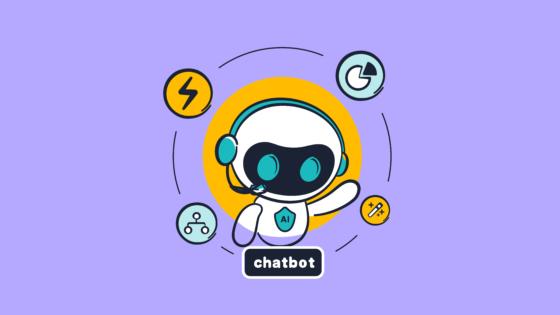
When to Use Automated Responses
Businesses use automated responses for routine tasks and FAQs. AI chatbots can handle up to 80% of these queries, which lets human agents focus on complex issues. Customers value convenience and quick answers. Research shows that 90% of people want smooth online interactions, and 68% feel brands could make experiences easier with clear automated replies. Automated systems work best for tasks like appointment scheduling, order tracking, and basic troubleshooting. Companies should always provide a way for customers to reach a human agent, especially for sensitive or emotional topics. Many customers want transparency about when they are speaking to AI. Automated responses also help with proactive communication, such as sending reminders or thank-you messages after a purchase. This approach improves customer experience and supports increased customer satisfaction.
Human-Agent Integration
A balanced approach combines AI efficiency with human empathy. Sobot enables seamless handoffs between chatbots and human agents. When a customer needs more help, the system transfers the conversation to a person without losing context. This integration allows agents to focus on high-value tasks, like solving complex problems or building relationships. Studies show that 75% of customers prefer human interaction after initial automated contact. Companies using this hybrid model see a 20% reduction in complaints and a 10% increase in retention rates. AI handles repetitive work, while humans address the lack of human empathy and provide emotional support. This teamwork leads to better outcomes and higher customer loyalty.
Best Practices for Sobot Users
Sobot users can maximize benefits by following key strategies:
- Use AI chatbots for 24/7 customer support and self-service help centers.
- Integrate chatbots with CRM systems for personalization and relevant conversations.
- Regularly update AI models to address data privacy concerns and maintain accuracy.
- Monitor performance with metrics like satisfaction scores and response times.
- Train agents to handle escalations and sensitive issues.
- Communicate clearly about when AI is used to build trust, especially with older customers who may have disadvantages of ai concerns.
Tip: Continuous training and transparent communication help address disadvantages of ai, such as data privacy concerns and the risk of alienating some customers.
Sobot’s platform supports these best practices, helping businesses deliver efficient, secure, and personalized customer experiences.
Future of Customer Service Automation
Generative AI and Personalization
Generative AI is changing how companies deliver customer service automation. Businesses now use large language models to create personalized replies and product suggestions. A study by IBM found that 66% of customer service managers use generative AI to boost personalization. This technology adapts messages and tone in real time, based on customer behavior and needs. NVIDIA reports that generative AI helps companies offer proactive support and tailored experiences, which increases customer satisfaction. Sobot’s AI-powered chatbot uses these tools to provide instant, relevant answers and recommendations. As a result, companies see higher loyalty and better customer experience.
Evolving Customer Expectations
Customer expectations keep rising as ai in customer service becomes more common. A recent survey showed that most customers want faster responses and easy self-service options. Automation now allows people to solve problems on their own, which improves satisfaction and loyalty. However, some tasks still need a human touch. Companies must balance automation with personal support. Sobot’s omnichannel platform helps businesses meet these new demands by offering both automated and human help. Customers expect instant, accurate answers and want to feel understood. Personalization and speed are now essential parts of customer service automation.
Preparing for 2025 and Beyond
The future of ai in customer service looks bright. Experts predict the global customer service automation market will reach $15.8 billion by 2032, growing at 18.5% each year (source). By 2025, AI will handle about 21% of simple cases, and self-service will become even more popular. Companies will focus on key metrics like first response time and resolution speed. Sobot’s solutions help businesses prepare by automating routine tasks and freeing agents for complex issues. Teams will use AI insights to improve training and build better knowledge bases. This approach ensures companies stay ahead as customer needs change.
Customer service automation offers faster replies, cost savings, and better data insights. However, customers value trust, privacy, and a personal touch. Companies see the best results when they combine AI tools like Sobot’s chatbot with human support.
- 78% of consumers avoid brands they do not trust with their data (Cisco).
- A retailer improved ticket deflection by 25% and customer satisfaction by 15% by using chatbots with human fallback.
Sobot helps businesses protect privacy, improve customer experience, and deliver future-ready support.
FAQ
What are the main advantages of customer service automated responses?
Customer service automated responses offer 24/7 availability, fast replies, and enhanced efficiency. Businesses like OPPO use automated chatbots to resolve most questions instantly. This leads to increased customer satisfaction and lower costs. Sobot’s solutions help companies deliver round-the-clock support and improve customer experience.
How does customer service automation handle data privacy concerns?
Customer service automation uses secure systems to protect information. Sobot follows strict data privacy rules and uses encryption. Companies must follow laws like GDPR to keep customer data safe. Regular audits and updates help reduce risks and build trust with users.
Can automated chatbots provide personalization for customers?
Automated chatbots use data collection and insights to deliver personalization. They remember past questions and suggest helpful answers. Sobot’s AI in customer service adapts replies based on customer history. This approach creates automated customer journeys and supports increased customer satisfaction.
What are some disadvantages of AI in customer support?
Some disadvantages of AI include the lack of human empathy and possible customer frustration with automation. Automated systems may not understand emotions or complex issues. Sobot’s platform offers easy handoff to human agents to solve these problems and improve customer experience.
How do self-service help centers improve efficiency?
Self-service help centers let customers find answers on their own. This reduces wait times and boosts efficiency. Sobot’s automated customer service technology supports self-service options, which helps companies handle more requests and focus agents on complex tasks.
See Also
Enhancing Customer Support Efficiency With AI Software Tools
Transforming Customer Support Through AI Service Agents
Expert Techniques For Effective Live Chat Customer Support
